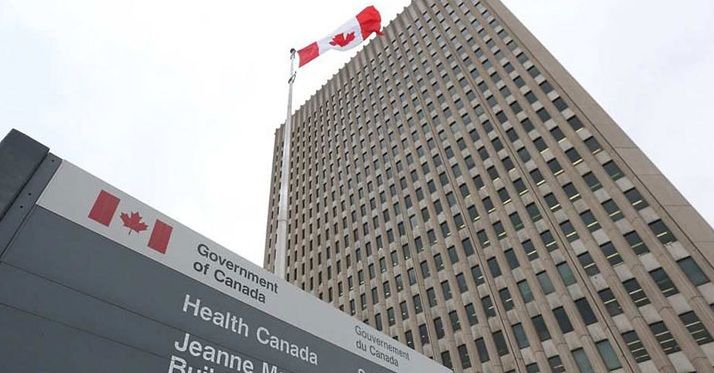Nurses educated on cannabis can help to improve patients’ lives

When you aren’t feeling well, the first place to go is a family doctor, walk-in, or emergency room, depending on the urgency of the matter. The hope is that you will see a well-qualified doctor that can diagnose your problem and send you off with a solution that will have you right as rain in no time. However some patients are aware of the side effects that come with prescribed medications and since legalization have been enquiring about medicinal cannabis, which is why there have been so many discussions and calls for healthcare practitioners to get educated on cannabis and it’s possible benefits for patients.
Frontline workers left in the dark
Though it is an excellent proposal to have all doctors up to date on the latest medically relatable information on cannabis if you think about it, how long do you really get to spend with them, and if you do get more than a few minutes, then are they willing to discuss the possibility of medical marijuana? In Canada, the average time allotted in walk-in clinics for patients to see a doctor is only 5 minutes long, and it is not uncommon to sit with or be assessed by a nurse while you wait.
Nurses are the true frontline healthcare workers. They do the most for and with patients and are often more easily accessible for asking essential questions, but they are currently the least prioritized in terms of knowledge on cannabis as a medicinal or therapeutic agent, and that isn’t the only reason that you probably won’t find advice from a registered nurse.
All healthcare workers including nurses are bound by rules and regulations set out by their employers, and one of the biggest barriers that they face, even once they learn about cannabis, is that most of them aren’t sure whether or not they can discuss it with patients, and if doing so, they could be exposed to liability issues. Since cannabis and other derivatives sold through dispensaries, like THC oil, are not yet approved or validated by Health Canada for medical purposes, most assume that offering such advice might land them in hot water at work.
CBD vs THC
This conclusion stems from decades prior to where other health-related trends such as essential oils, hemp oil, and CBD oil began, and some patients were advised to use them, resulting in allergic reactions and other adverse effects. If a medicine is not clinically proven and approved, then technically, your friendly nurse isn’t allowed to talk to you about it beyond risks or what to do in case of accidental ingestion.
The difference is that cannabis does have well documented and proven results and that it can be nearly 10 times more effective than the average aspirin with less than 10% of the side effects. THC oil and CBD products that are not designed to be smoked, are the most effective, and offering them to patients before the doctor writes up what could potentially be an addictive prescription, could help to reduce the opioid epidemic, and to keep patients healthier longer and feeling better faster without all of the risk.
Should nurses be allowed to help patients get a medical marijuana card?
It makes sense that if cannabis products like THC oil are more frequently discussed in the medical setting, it would help patients in a variety of ways. Some people are afraid to introduce the topic on their own, and others have no idea that it’s even a viable option, and with so many recreational dispensary consumers using for medical purposes, it is definitely time to make cannabis knowledge a priority for everyone involved at every level throughout the healthcare system.


